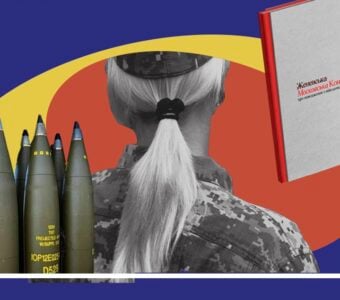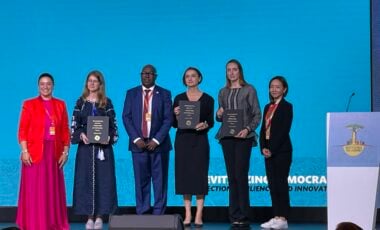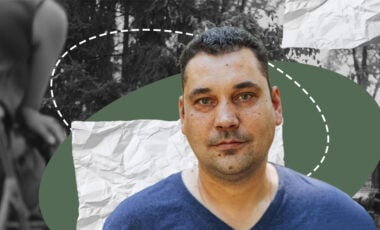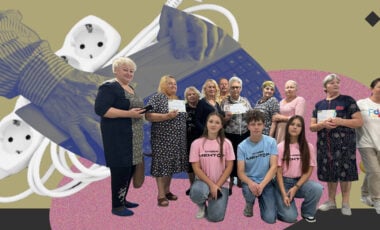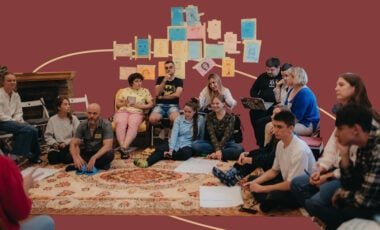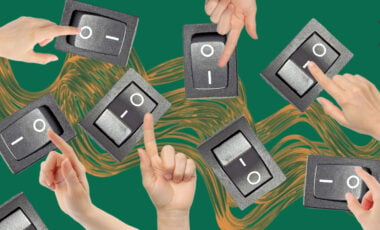60% of Ukrainians feel grateful when meeting soldiers with disabilities – survey
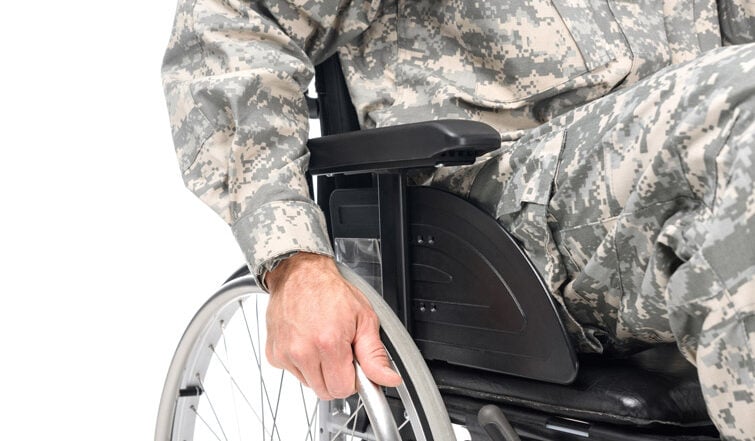
Photo: IgorVetushko/Depositphotos
When meeting a disabled serviceman, Ukrainians feel the following primary emotions: gratitude (60%) and sympathy (50%).
This is evidenced by a survey conducted by the "Rating" sociological group.
Those who do not have close relatives with disabilities said that they often feel confused when meeting them because they do not know how to behave.
At the same time, people who do not have military friends with disabilities feel pride more often than others. In contrast, service members with disabilities and their relatives talk more about the emotion of sadness.
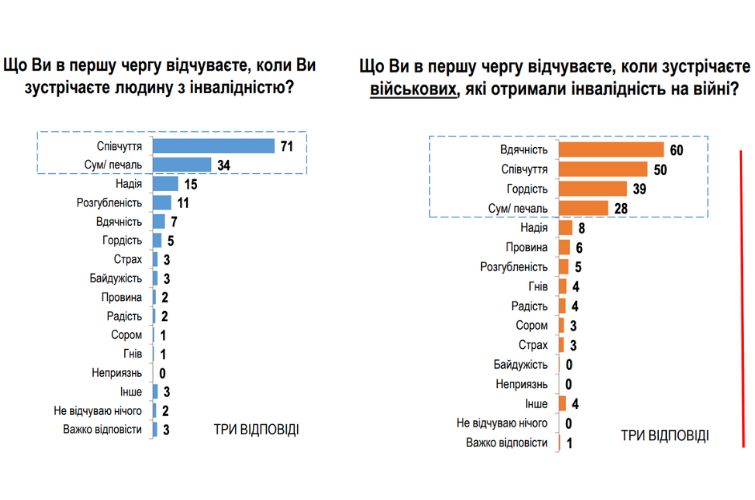
Screenshot of the results of the "Rating" survey
"Respondents with disabilities themselves call pity, apprehension, and sometimes indifference as the predominant feelings that people feel towards them, which they associate with the lack of sufficient experience of communicating with people with disabilities among Ukrainians. When such feelings are manifested, it is more difficult for them to build communication or to ask for help. Pity especially annoys disabled military respondents," sociologists say.
When meeting with civilians who have disabilities, the first emotion of the respondents is sympathy (71%) and sadness (34%).
Fewer respondents feel:
- hope (15%),
- confusion (11%),
- gratitude (7%).
"The majority of focus group participants indicated that they feel compassion and immediately noted that they show it much less often because people with disabilities find this compassion annoying and do not need it," the study says.
Instead of pity, people with disabilities would prefer to see practical assistance. If a person is blind – suggest and explain something; if he has physical difficulties – help to solve them.
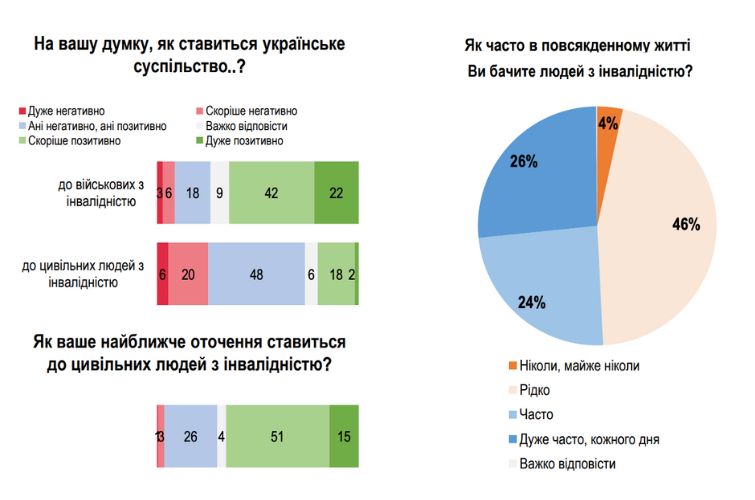
How people with disabilities are perceived in Ukrainian society
64% of respondents believe that society has a positive attitude towards disabled service members, while civilians with disabilities are primarily neutral (48% of respondents expressed this opinion).
"On the contrary, the majority of research participants believed that the attitude towards people with disabilities in society is rather indifferent and neutral because of the war, the daily deaths, and injuries of soldiers, a large number of people with visible disabilities on the streets – all this causes getting used to this state of affairs," "Rating" group explains.
Half of the interviewees often meet people with disabilities.
Another 50% do not see or rarely see them in their everyday lives.
Most often, people with disabilities can be found on city/village streets, answered 61% of respondents.
Another 23-26% see such people in parks, public places, transport, and shops, and 22% live with a person with a disability.
The survey was conducted from August 28 to September 1. 2,000 people from different regions of Ukraine participated.
For reference:
It should be noted that the share of Russian citizens who want the continuation of the war is currently 39%, and this is the first time since the beginning of the full-scale invasion that it has become smaller than the share of Russians, which is 48%, who are in favor of negotiations with Ukraine.




